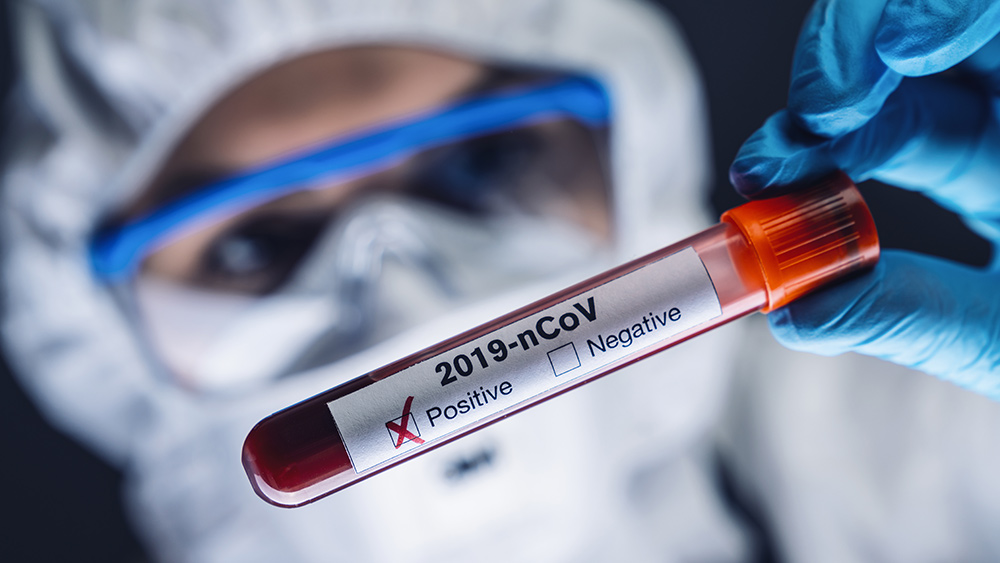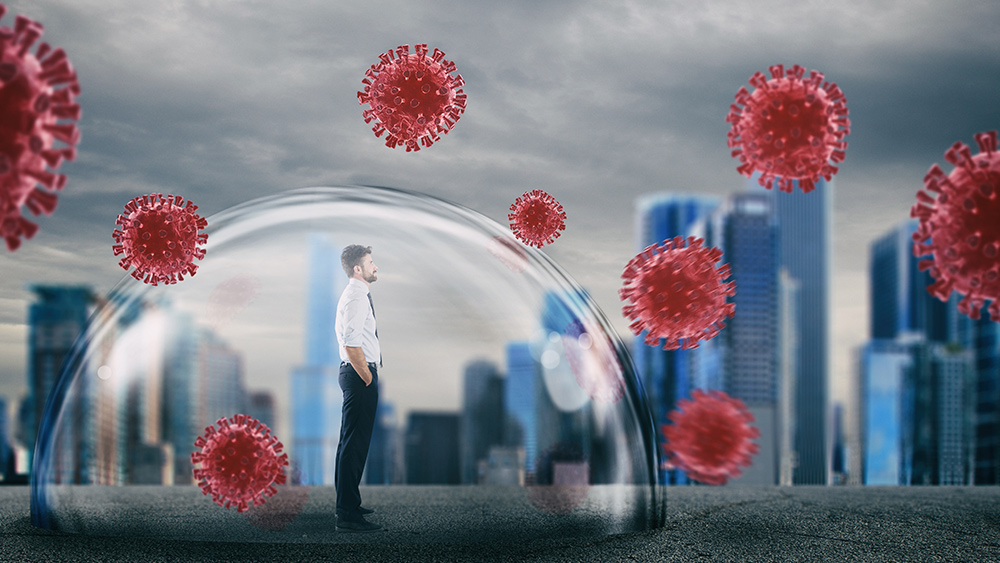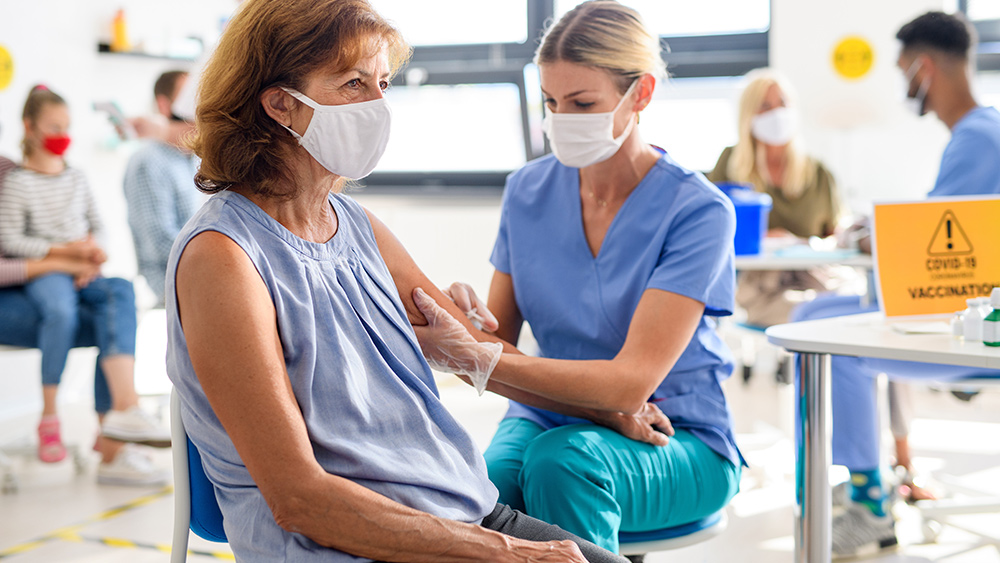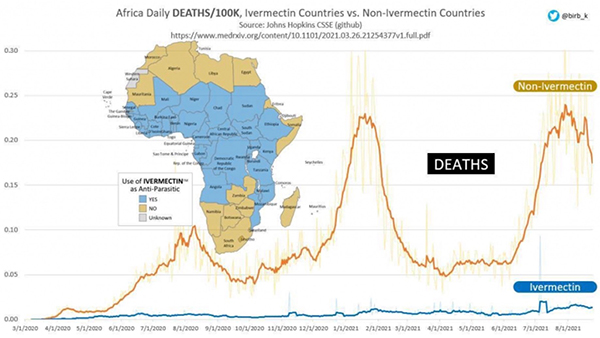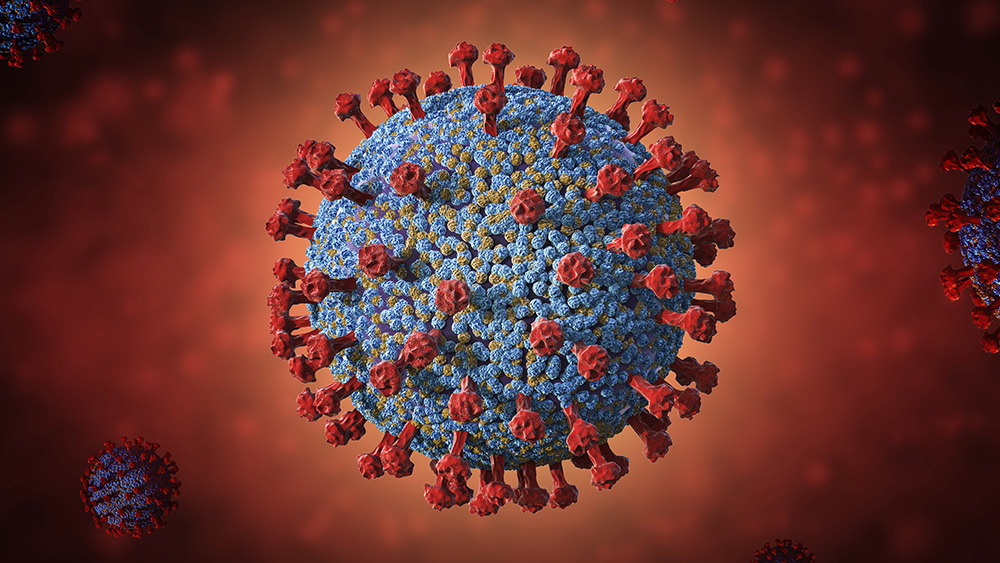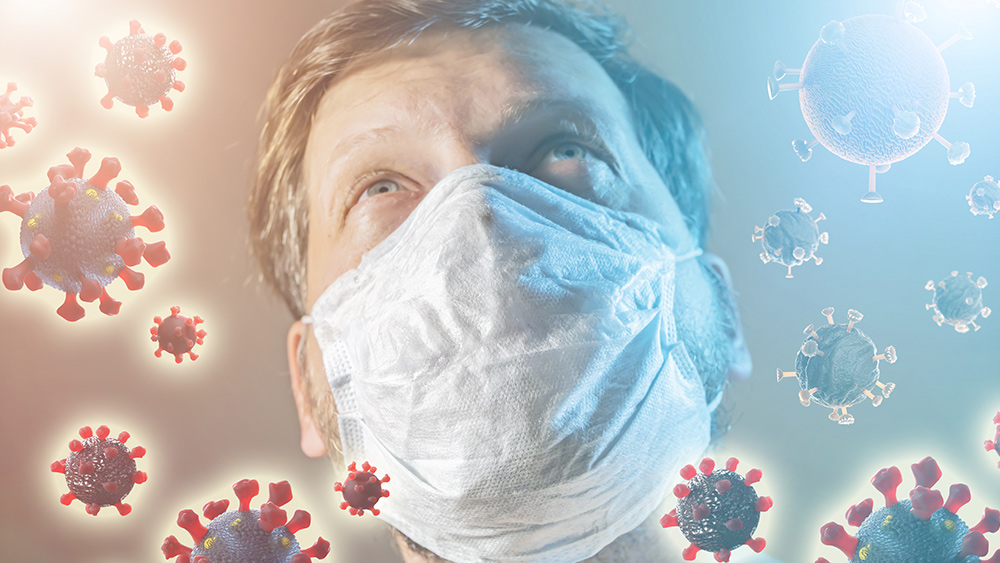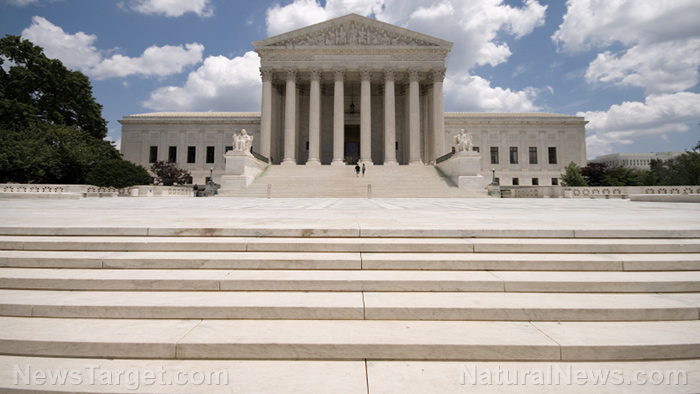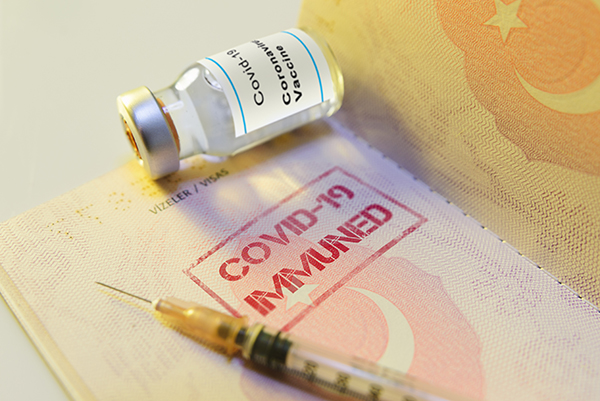Wuhan lab director: Several high-level biosafety labs in China have insufficient operational funds
07/30/2021 / By Nolan Barton
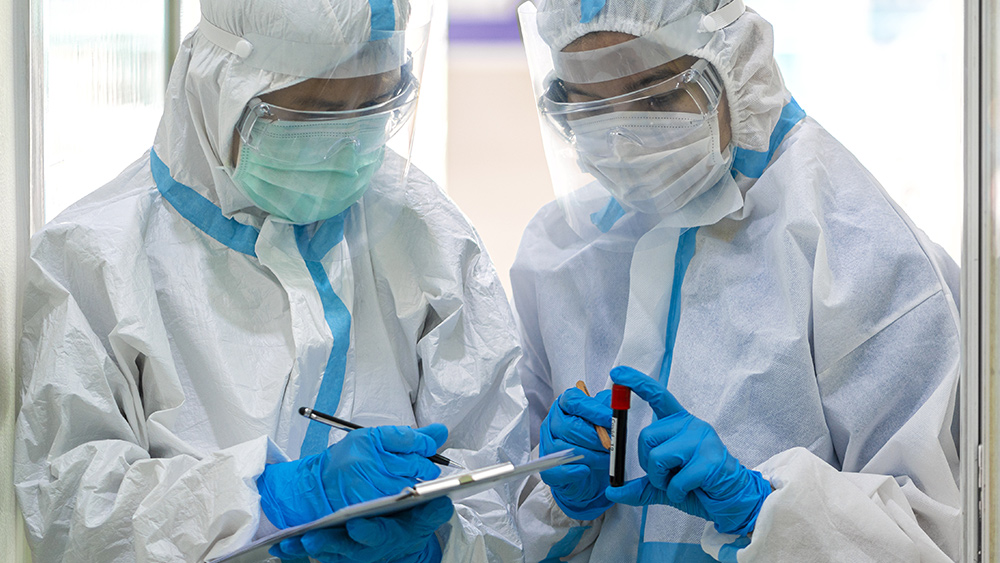
Yuan Zhiming, director of the Wuhan National Biosafety Laboratory, published an article on safety deficiencies occurring in Chinese biolabs just months before the Wuhan coronavirus (COVID-19) outbreak.
The lab headed by Yuan is part of the controversial Wuhan Institute of Virology (WIV), which many speculate was where SARS-CoV-2 – the virus the causes COVID-19 – originally came from.
It is one of China’s two biosafety level 4 (BSL-4) laboratories and requires the highest security measures to study pathogens causing diseases like Ebola. It was completed at the end of 2014 and went online in January 2018. The facility reportedly preserves over 1,500 virus strains, including the coronavirus that caused the severe acute respiratory syndrome epidemic in 2003.
In an article titled “Current status and future challenges of high-level biosafety laboratories in China,” Yuan noted that “several high-level biosafety labs have insufficient operational funds for routine yet vital processes.” The article was published in September 2019 in the Journal of Biosafety and Biosecurity, of which Yuan is the chief editor.
China’s highest security-level labs lack specialized biosafety managers and engineers
In an essay that he wrote in May of 2019, Yuan admitted concerns about safety in China’s highest security-level labs. This was seven months before the first reported case of coronavirus in Wuhan.
“Currently, most laboratories lack specialized biosafety managers and engineers,” Yuan said in the essay. (Related: Experts provide key pieces of evidence supporting coronavirus lab-leak theory.)
He emphasized that “some of the skilled staff is composed of part-time researchers” in China’s high biosafety level laboratories.
“This makes it difficult to identify and mitigate potential safety hazards in facility and equipment operation early enough,” Yuan said. “Biosafety awareness, professional knowledge, and operational skill training still need to be improved among laboratory personnel.”
An email document obtained by Judicial Watch under the Freedom of Information Act (FOIA) also hinted that Yuan was concerned about potential deficiencies of Chinese biolabs.
Yuan contacted Jens Kuhn, a virologist at the National Institutes of Health (NIH), asking for help finding disinfectant to sterilize lab equipment in 2016 – not long after the BSL-4 lab opened.
In the email, Yuan sought suggestions on disinfectants for airtight protective clothing, solid surfaces, air, infectious materials and approval procedures for the choice of disinfectants. “We have tried several ones to determine their antiviral efficacy and corrosion to pipeline and wastewater treatment equipment,” Yuan wrote.
Documents point to lab origins of SARS-CoV-2
The email between Yuan and Kuhn is just one in the 301 pages of emails and other records that have been recently published. The correspondence was between the WIV and the National Institute of Allergy and Infectious Diseases (NIAID), an NIH sub-agency headed by Dr. Anthony Fauci.
Based on the documents, the NIAID provided grants worth $826,277 to the WIV through the New York-based nonprofit organization EcoHealth Alliance to research coronaviruses in bats.
In a document dated April 21, 2020, the Wuhan lab funding from NIAID via EcoHealth was detailed under the headline “NIAID Subawards to Wuhan Institute of Virology.” The project title was “Understanding the Risk of Bat Coronavirus Emergence.”
Many have speculated that the WIV was the source of the outbreak and the theory gained ground after the Wall Street Journal reported that three researchers from the WIV sought hospital care in November 2019.
Chinese scientists and officials have consistently rejected the lab-leak hypothesis, saying SARS-CoV-2 could have been circulating in other regions before it hit Wuhan. They also claim that it might have entered China from another country via imported frozen food shipments or wildlife trading.
A joint study into the origins of COVID-19 by the World Health Organization (WHO) and China published at the end of March said it was “extremely unlikely” that the virus had escaped from a lab.
But China was accused of failing to disclose raw data on early COVID-19 cases to the WHO team, and the U.S., the European Union and other Western countries called on Beijing to grant “full access” to independent experts.
Follow Pandemic.news for more news and information related to the coronavirus pandemic.
Sources include:
Tagged Under: Anthony Fauci, antiviral efficacy, bat coronavirus, biosafety labs, biowar, coronavirus, covid-19, COVID-19 origins, lab origin, lab-leak theory, pandemic, safety hazards, wildlife trading, Wuhan Institute of Virology, Wuhan lab
RECENT NEWS & ARTICLES
COPYRIGHT © 2017 SUPER BUGS NEWS


